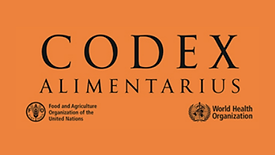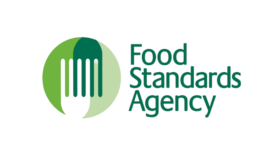Management
BIZTRACKS
Cybersecurity Consulting Firm AnzenSage Launches for Food Industry
March 6, 2023
Never miss the latest news and trends driving the food safety industry
eNewsletter | Website | eMagazine
JOIN TODAY!Copyright ©2025. All Rights Reserved BNP Media.
Design, CMS, Hosting & Web Development :: ePublishing










